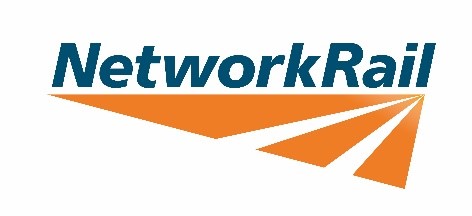Network Rail recruits signallers from a variety of backgrounds and industries and provides all the training needed to start a rewarding career. We caught up with Pam Elkington to ask about her life as a signaller.
Being a signaller is such a great career and is an integral part in the running of the railway. Without our signallers, the railway simply couldn’t function. It’s a big responsibility but it’s also a huge opportunity to do meaningful work everyday.
Becoming a woman signaller
I have always been interested in how the railway works. I enjoy working in a role that affects so many people and makes such a big difference. I started off on the graduate scheme, which was great at enabling me to have ‘hands on’ experience with different departments and people. I worked in operations, with a number of different local operations managers, as well as a number of different signal boxes – during this time I realised signalling was a role I wanted to pursue further.

What do you like the most about the job?
I absolutely love my work life balance. I can leave work at work when I am at home, and I really treasure this. In a lot of my previous roles, I would think and worry a lot about work outside of work. I love the fact that as a signaller when I’m at work I must give 100% but then that means when I am not at work, I don’t even have to think about it.
Can you tell me a little bit about the role day to day?
We have three shifts, early, late and nights. For our early shifts, we usually deal with navigating around line blockages, whereas for the night shifts if there is disruption throughout the day, we need to regulate around that.
A big part of our night shifts is engineering possessions (T3’s), these are incredibly important for lots of reasons, one of which is repairing any faults. On our route, we have lots of freight trains throughout the night.
These trains are vital in terms of transporting goods such as food to our supermarkets. I would say to anyone, it is important to have a growth mindset if you want to become a signaller.
There are always new things to learn every single day and each panel has a different way of working or quirk.
What advice would you give to someone wanting to become a signaller?
Learn as much as you can about how the railway works. There are simple things you can do such as knowing the difference between what a relief signaller does for example and understanding the geographically, can help immensely.
What interests do you have outside of work?
I travel quite a lot and have the travel bug. I go to different country every month. That is a good thing about working shifts as I get time off during the week. I was in Poland this morning, before talking to you.
Can you tell me about your previous work experience before becoming
a signaller?
I studied law at university and then enrolled on the general management graduate scheme within Network Rail for three months. I then became a Liability Negotiations Advisor for four years, then moved into signalling. I haven’t looked back since!
Find out more if Signalling is the right career path for you:
